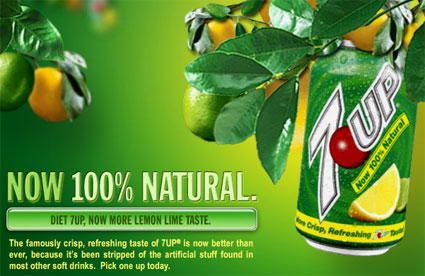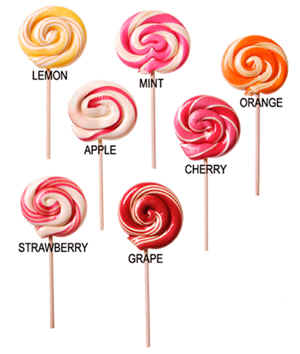Natural Flavors Vs Artificial Flavors

Natural flavors - really?
Flavors make food great. They turn them from dull and bland food to delicious eye candies. Does "Natural Flavor" really mean it is natural? Shockingly, it is not. The main difference is just the cost. Both artificial and natural flavors are made in a laboratory by mixing up either “natural” chemicals or “synthetic” chemicals to create the various flavorings. Artificial flavorings are simpler in composition and potentially safer because components that are used are well tested. The search for "natural" sources of chemicals often requires that a manufacturer searches harder and spends more money. Consumers pay a lot for natural flavorings which are no better in quality, nor safer, than their cost-effective artificial counterparts. Read on to find out more about this topic of Natural Flavors Vs Artificial Flavors and decide for yourself what is good for you.
The definition of “natural flavor” under the Code of Federal Regulations is: “the essential oil, oleoresin, essence or extractive, protein hydrolysate, distillate, or any product of roasting, heating or enzymolysis, which contains the flavoring constituents derived from a spice, fruit or fruit juice, vegetable or vegetable juice, edible yeast, herb, bark, bud, root, leaf or similar plant material, meat, seafood, poultry, eggs, dairy products, or fermentation products thereof, whose significant function in food is flavoring rather than nutritional”. Any other added flavor is considered as artificial. The specialists who comes up with the flavors are called flavorists and protect the secret of the ingredients and formula. The FDA does not require that flavor companies disclose ingredients as long as all the ingredients are considered "generally regarded as Safe." For example, an artificial berry flavor may contain more than 50 ingredients and other composition with chemicals. Natural and Artificial flavors may have the same ingredients - they are classified differently because of the method they are manufactured.
Natural Flavors Vs Artificial Flavors
Will you pay more for these so called "natural" flavors?
Many artificial flavors contain natural ingredients as well as synthetically manufactured flavor materials. An artificial orange flavor will probably contain citrus oils. For a flavor company, the presence of other functional ingredients "depends on what's required for the consumer's end product. Solvents like propylene glycol and ethyl alcohol appear in some flavors mostly to handle or dilute the odor intensity or flavor intensity.
Consumer preferences and perceptions have an impact on the use of artificial and natural flavors. Consumers tend to look for natural flavors in healthy-foods like rice cakes or cereals rather than in confectionery items like gummy bears. So, it seems that “natural” might not be so natural and that even some organic foods might contain some of these “natural flavors.” What can you do to be safe? Check the labels and the nutrition info carefully and read about these "natural and artificial flavors" and research about them online.






